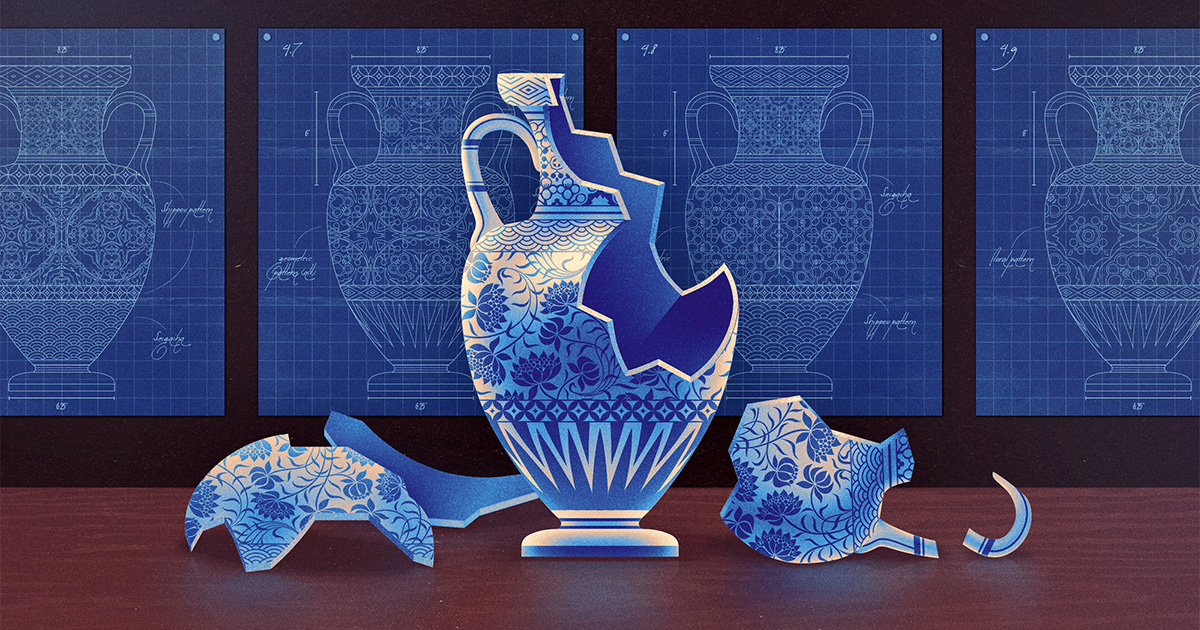Understanding Entropy: From Thermodynamics to Information Theory
What Is Entropy? A Measure of Just How Little We Really Know. | Quanta Magazine 🔗

Entropy is a fundamental concept in physics that measures disorder and is intricately linked to the second law of thermodynamics, which states that entropy tends to increase over time. The article explores the evolution of the idea of entropy, from its origins in the industrial revolution with Sadi Carnot's steam engine efficiency calculations to modern interpretations that connect entropy with information theory. It highlights how entropy reflects our ignorance about the microstates of systems and how this understanding can reshape scientific perspectives. Recent advances in quantum thermodynamics and information processing have led to innovative approaches that leverage entropy for practical applications, suggesting that chaos and disorder can be harnessed as a source of power and opportunity.
- Entropy measures disorder and is tied to the second law of thermodynamics.
- The concept evolved from Carnot's work on steam engines to modern theories linking entropy to information.
- Recent studies in quantum thermodynamics explore new ways to harness entropy, suggesting potential applications in energy efficiency and computing.
- Embracing uncertainty and disorder can open new avenues for knowledge and innovation.
What is entropy?
Entropy is a measure of disorder in a system, reflecting the tendency for systems to move from ordered to disordered states over time.
How has the understanding of entropy evolved?
Originally linked to thermodynamic efficiency, entropy is now connected to information theory, illustrating the relationship between ignorance and the state of a system.
Why is entropy considered important in modern physics?
Entropy helps scientists understand the flow of time, the efficiency of energy use, and the relationship between information and physical systems, driving innovations in various fields.